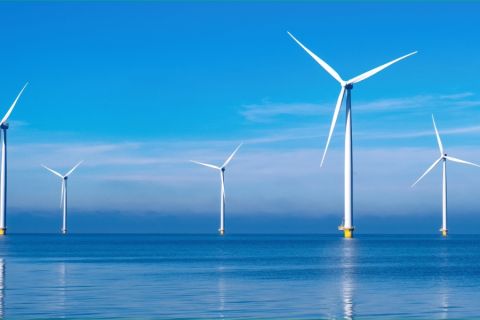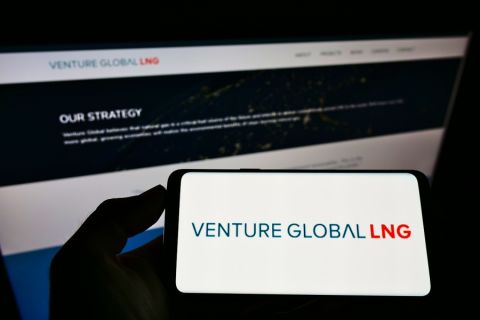California-based oil major Chevron Corp. committed to an “aspiration” of net zero emissions from its operations by 2050 amid mounting investor and societal pressure to fight climate change.
Alongside the publication of its updated climate change resilience report on Oct. 11, Chevron announced a 2050 net zero aspiration for equity upstream Scope 1 and 2 emissions that the company said builds on its disciplined approach to target setting and action.
Michael Wirth, Chevron’s chairman and CEO said the climate report offers further insights on the company's strategy to invest in lower-carbon businesses and why this is an "exciting time to be in the energy industry.”
Chevron also set a target of reducing carbon intensity by 5% from 2016 levels by 2028 for the full lifecycle of its products, which includes so-called 'Scope 3' emissions from the use of its products. The company also said its path to net zero aspiration "anticipates partnerships with multiple stakeholders and progress in technology, policy, regulations, and offset markets."
In May, Chevron shareholders voted in favor of the proposal to cut Scope 3 emissions.
Chevron's net zero pledge does not include greenhouse gases from all fuel products, falling short of its European peers including Royal Dutch Shell and Eni. Companies such as Norway's Equinor and Spain's Repsol aim to reduce or eliminate all their emissions by 2050.
Chevron also noted its target is aligned with company's strategy which allows flexibility to grow its traditional business, provided it remains increasingly carbon-efficient and pursue growth in lower-carbon businesses.
“We regularly engage with stakeholders and investors to understand their views and to be responsive to their increasing expectations on all issues, including ESG,” said Dr. Ronald Sugar, Chevron’s lead director. “Our updated report demonstrates our goal to partner with many stakeholders to work toward a lower carbon future.”
Recommended Reading
Guyana’s Stabroek Boosts Production as Chevron Watches, Waits
2024-04-25 - Chevron Corp.’s planned $53 billion acquisition of Hess Corp. could potentially close in 2025, but in the meantime, the California-based energy giant is in a “read only” mode as an Exxon Mobil-led consortium boosts Guyana production.
US Interior Department Releases Offshore Wind Lease Schedule
2024-04-24 - The U.S. Interior Department’s schedule includes up to a dozen lease sales through 2028 for offshore wind, compared to three for oil and gas lease sales through 2029.
Mexico Presidential Hopeful Sheinbaum Emphasizes Energy Sovereignty
2024-04-24 - Claudia Sheinbaum, vying to becoming Mexico’s next president this summer, says she isn’t in favor of an absolute privatization of the energy sector but she isn’t against private investments either.
Venture Global Gets FERC Nod to Process Gas for LNG
2024-04-23 - Venture Global’s massive export terminal will change natural gas flows across the Gulf of Mexico but its Plaquemines LNG export terminal may still be years away from delivering LNG to long-term customers.




